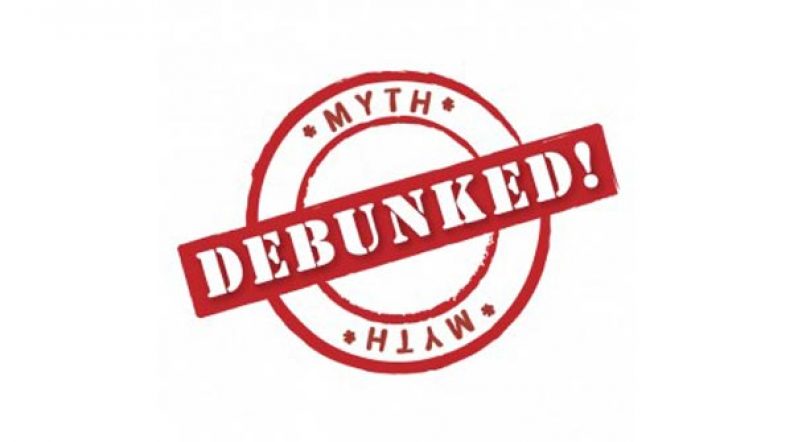PPP General Secretary Clement Rohee has emphatically debunked claims that the sugar sector’s main trade union, the Guyana Agricultural and General Workers Union (GAWU), is sabotaging the Guyana Sugar Corporation (GuySuCo) with industrial action.
Rohee made it clear that this was “out of the question”, and stressed his refusal to “second guess” a “comrade” and senior party member, GAWU President Komal Chand.
He said: “I have absolute confidence in my colleagues. I would not second guess my colleagues…these are comrades that report often to the party how the sugar industry is performing, what are the challenges that confront the sugar industry, and what needs to be done at the highest political level. I have to believe my comrades because they — also like us and the PPP as a whole — have a vested interest in turning this industry around.”
The sugar company agreed last Friday to pay an Annual Production Incentive (API) of five days’ pay, totalling $380M, after two days of massive countrywide strike action.
According to Rohee, trade unions are well within their right to call for strike action, as they are dealing with “bread and butter” issues for the average worker. He said: “Nothing is wrong with that…we have a vision, politically, for Guyana and the sugar industry. We have a broader outlook on these matters….Trade unions, as a rule, do not get into political dog-fights until such time that they believe that their industrial demands are not being met and the objective conditions exist for them to move to a political level and to succeed, then they would do so….by right, GAWU has to represent its workers.”
Speaking at a press conference at Freedom House yesterday, Rohee gave assurance of the ruling party’s support with regard to improving the fortunes of the sugar industry.
REDOUBLED EFFORTS
The PPP General Secretary declared that, despite the challenges, the ruling party would not “sit on its laurels” where sugar is concerned. He said: “The People’s Progressive Party was not elected to govern over the demise of the sugar industry…It behoves us to make every effort, even to the extent of bringing in experts from other countries, to assist us in turning the industry around. It is too valuable a sector, too strategic a sector, and is too vital in terms of the economy, to have it falter and stumble into a crisis of irreparable damage.”
Rohee pointed out that, over the years, there have been significant investments in the industry’s advance. He said: “We believe that, strategically, Guyana will end up being the largest exporter of sugar, not only to the Caribbean, but to the European Union…The industry has greater prospects for seeing a turnaround and surviving in the long-term.”
Rohee thinks that appointment of the new Board of Directors, expected to be done soon, and support of the principal trade unions, would assist in the turnaround process.
Meanwhile, GuySuCo’s production is unlikely to surpass 190,000 tonnes this year. However, Rohee maintained that the party is confident in the industry’s ability to rebound. “Sugar is still the largest employer of labour, and any further decline in sugar production could have disastrous effects on the livelihood and wellbeing of sugar workers and their families…. Any time the sugar industry goes down, the workers and the country will suffer; and that is the kind of global picture we have to put out,” he said.
SUGAR: A WAY OF LIFE
Rohee added that sugar is not only an industry, but is a “way of life” in Guyana; and in looking at the rest of the Caribbean’s performance in the sugar industry, the challenges being seen are not unique to Guyana.
“The difficulties we are facing are not unique to Guyana, but are a common feature among all ACP (African, Caribbean and Pacific Group of States) countries… The cumulative effect of the new developments we expect to take place in the industry will assist the turnaround,” he said.
Rohee acknowledged the major challenge presented by the changed weather patterns. Guyana used to have, on a regular basis, two wet and two dry seasons of a particular length; but that has changed. Sugar requires a period of 14 to 20 weeks of completely dry weather during grinding.
“The weather continues to be a major concern, and it is expected that the new Board will look at this and contribute to the turnaround,” Rohee said. He reiterated his conviction that
there still exists great potential for the local sugar industry – potential that will be realised with hard work and the support of trade unions.




.png)









